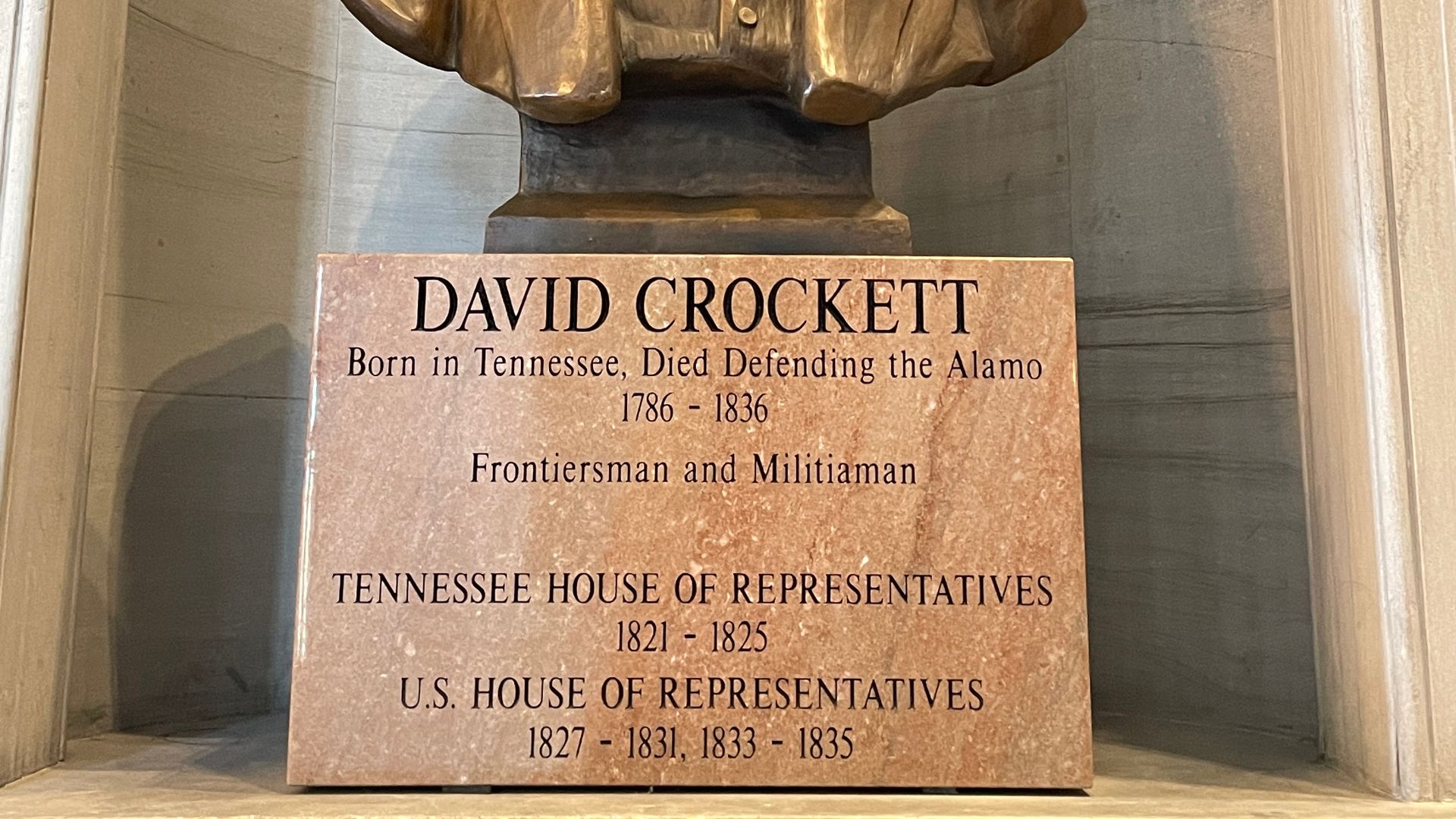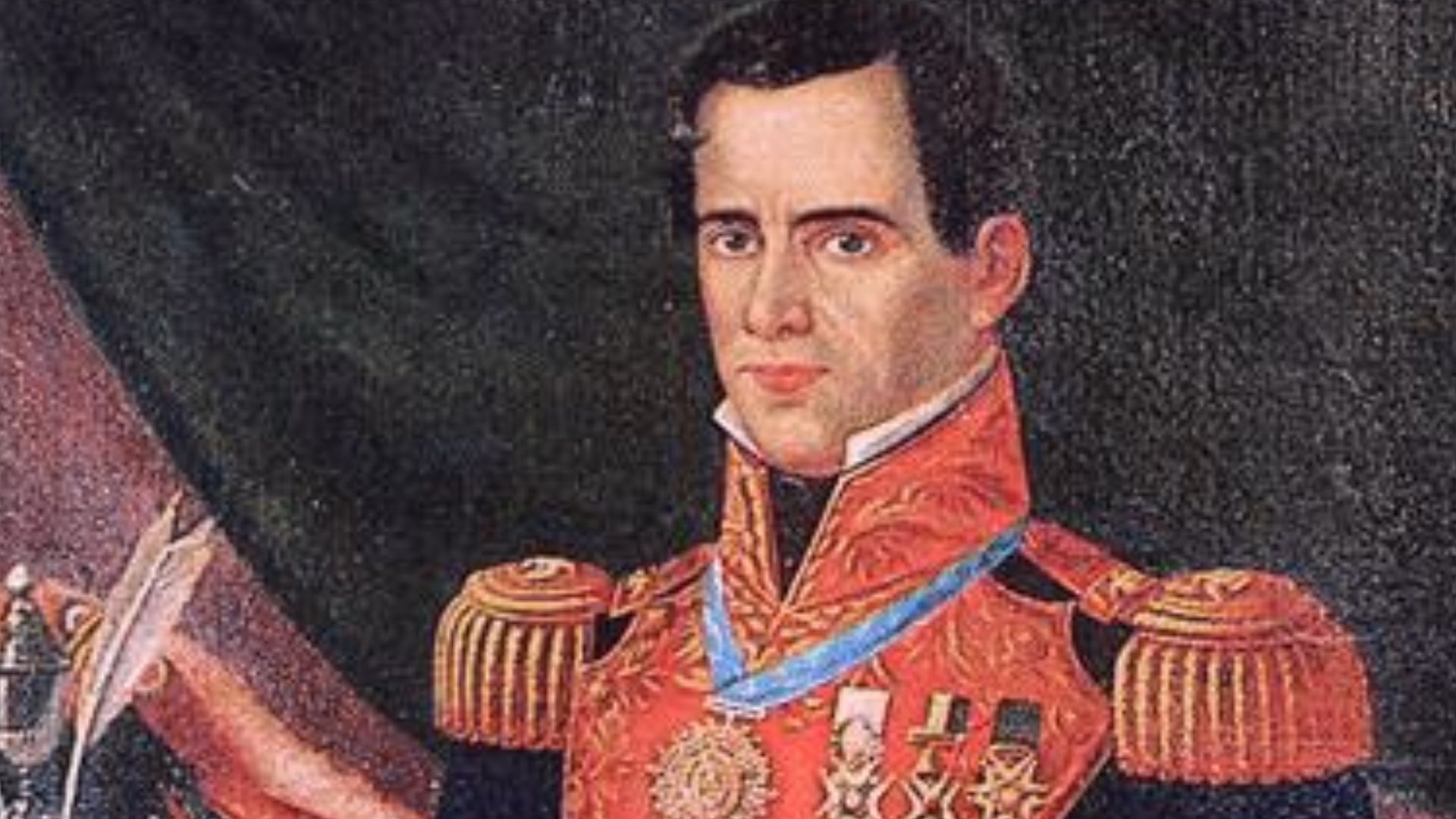Fact or Folklore?
You’ve heard the legends. You’ve seen the coonskin cap. But behind the folklore is a man far more complex. The authenticity of these tales might be questionable, but they reveal Davy Crockett as a rebel and a human being.
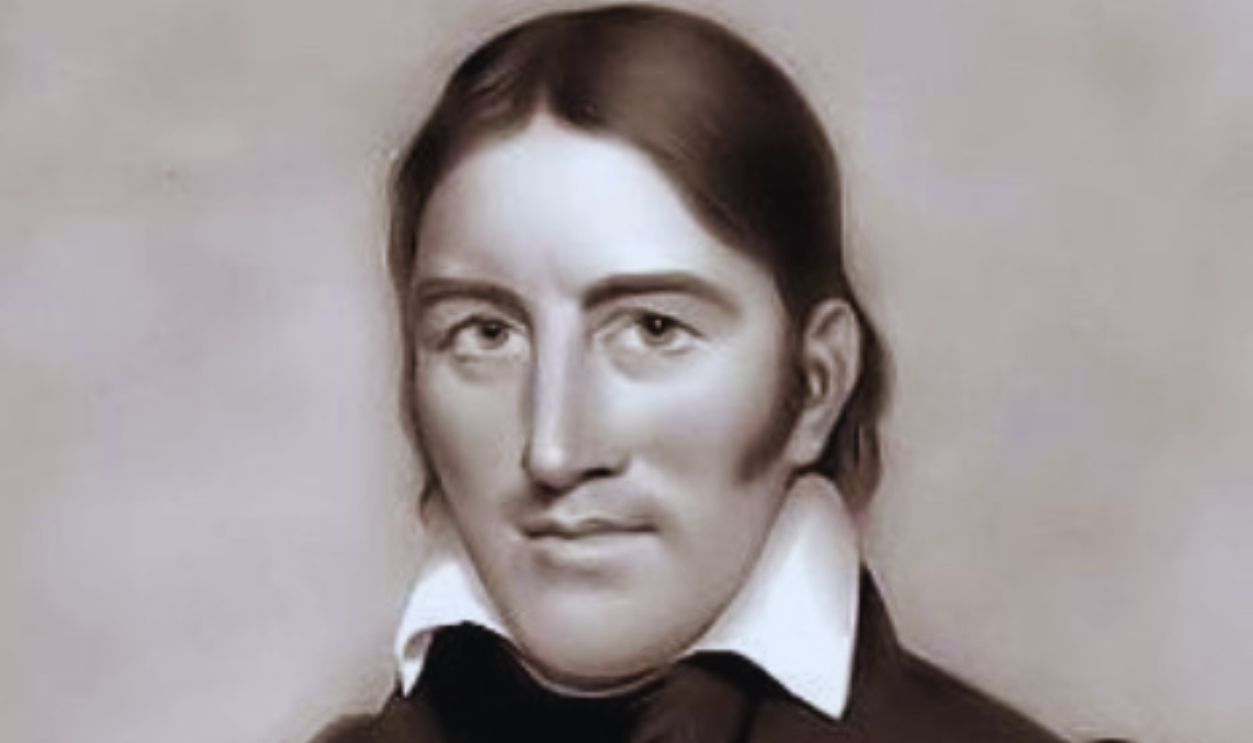
He Opposed The Indian Removal Act
Davy Crockett stood almost alone among Tennessee representatives in opposing Andrew Jackson’s Indian Removal Act of 1830. He argued the policy violated American principles and Native sovereignty. His stance cost him politically but showed a moral compass rare among frontier politicians. Crockett chose principle over party and paid for it dearly.
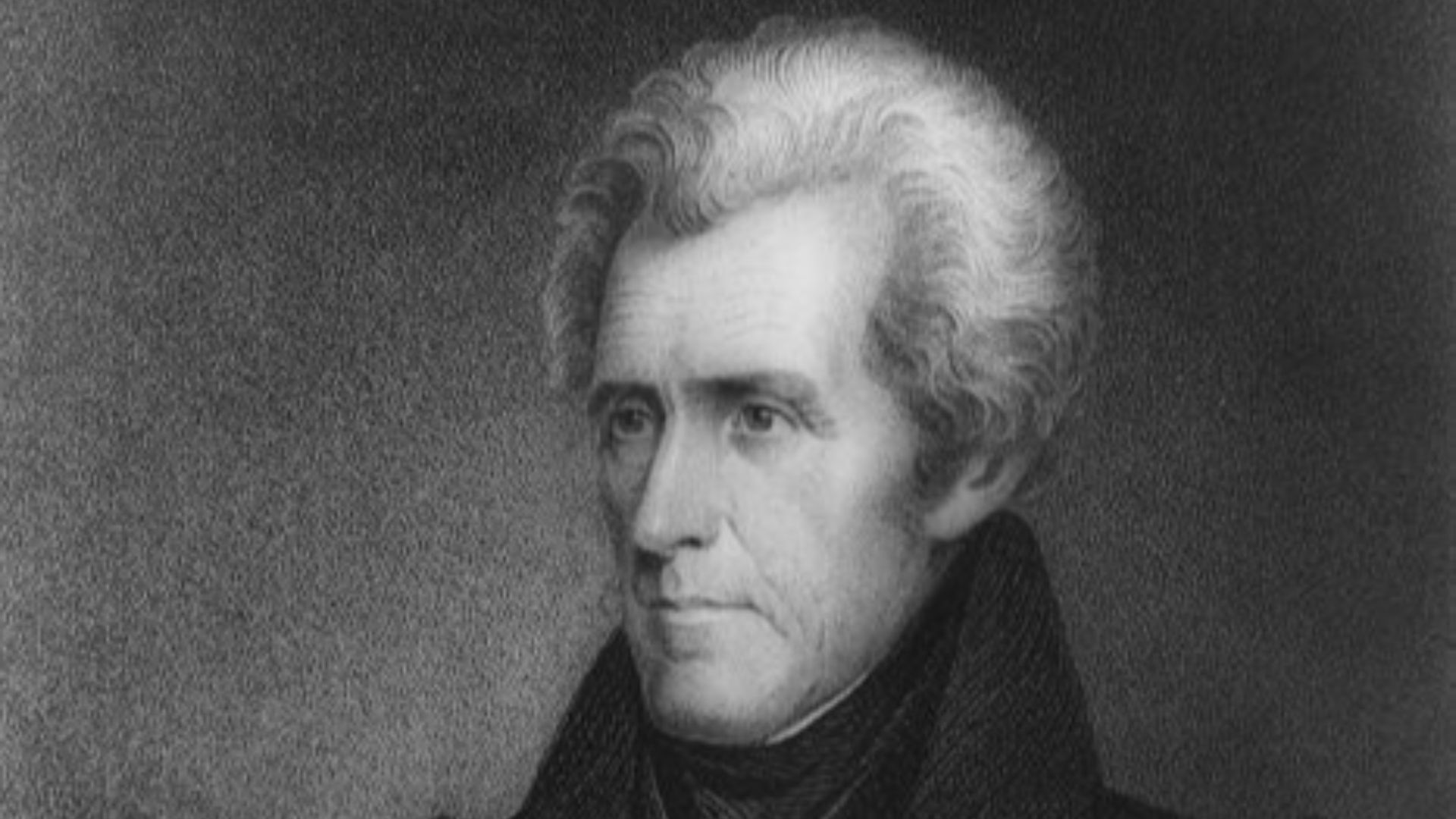 Longacre, James Barton, 1794-1869, graveur, Wikimedia Commons
Longacre, James Barton, 1794-1869, graveur, Wikimedia Commons
He Didn’t Always Wear A Coonskin Cap
Although the coonskin cap became Crockett’s iconic image, especially after Disney’s 1950s series, it wasn’t his everyday style. Historical records suggest he preferred a fox-fur hat without the dramatic tail. The coonskin craze was largely a marketing myth, part of the posthumous legend, not the wardrobe of the real man.
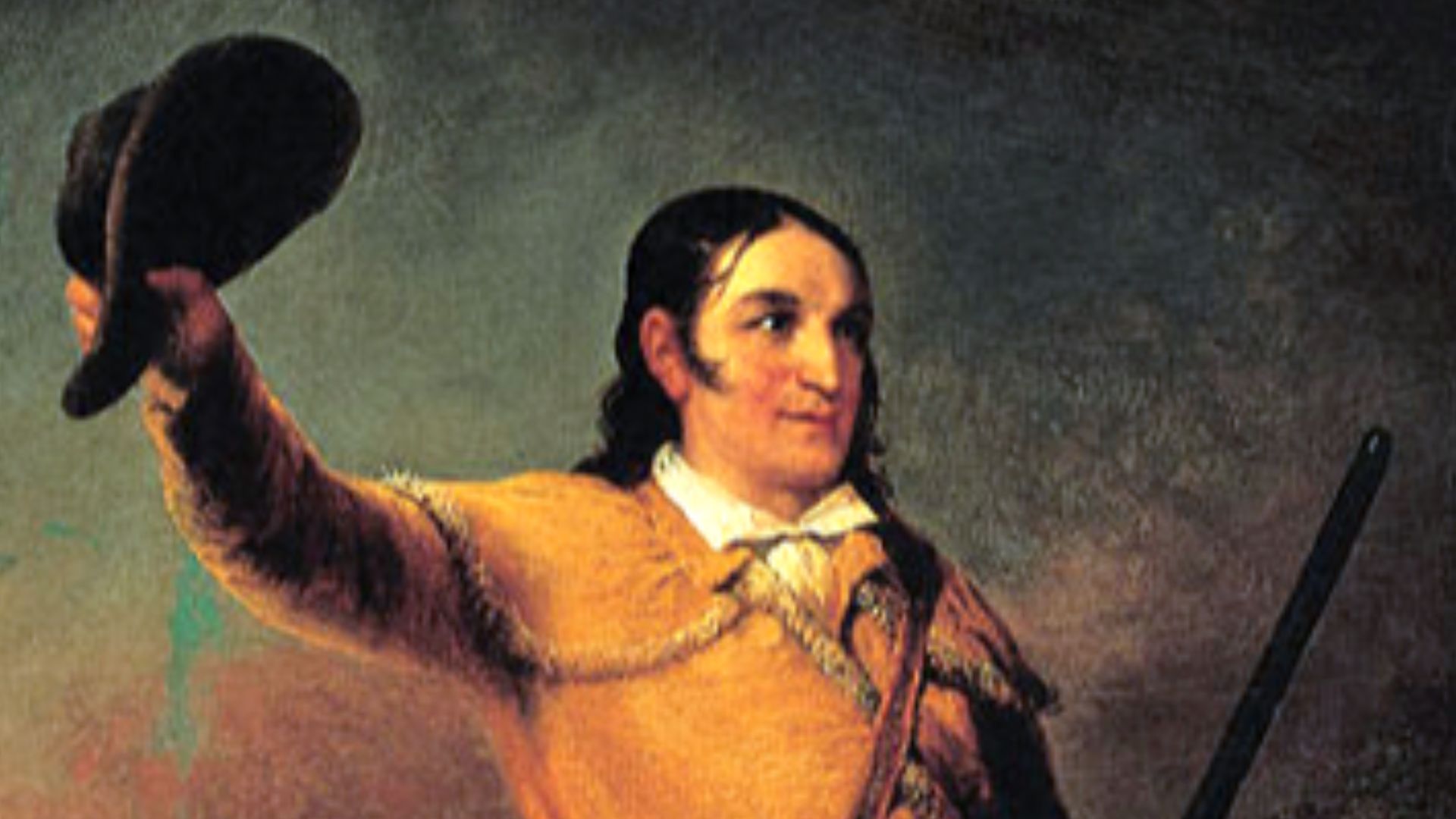 John Gadsby Chapman, Wikimedia Commons
John Gadsby Chapman, Wikimedia Commons
He Was Illiterate Into His Teens
Crockett spent his early years working and hunting, not reading books. Born in a log cabin, he received minimal formal schooling. By his mid-teens, he taught himself the basics of literacy. His eventual success as a politician and autobiographer made his rise from illiteracy all the more remarkable.
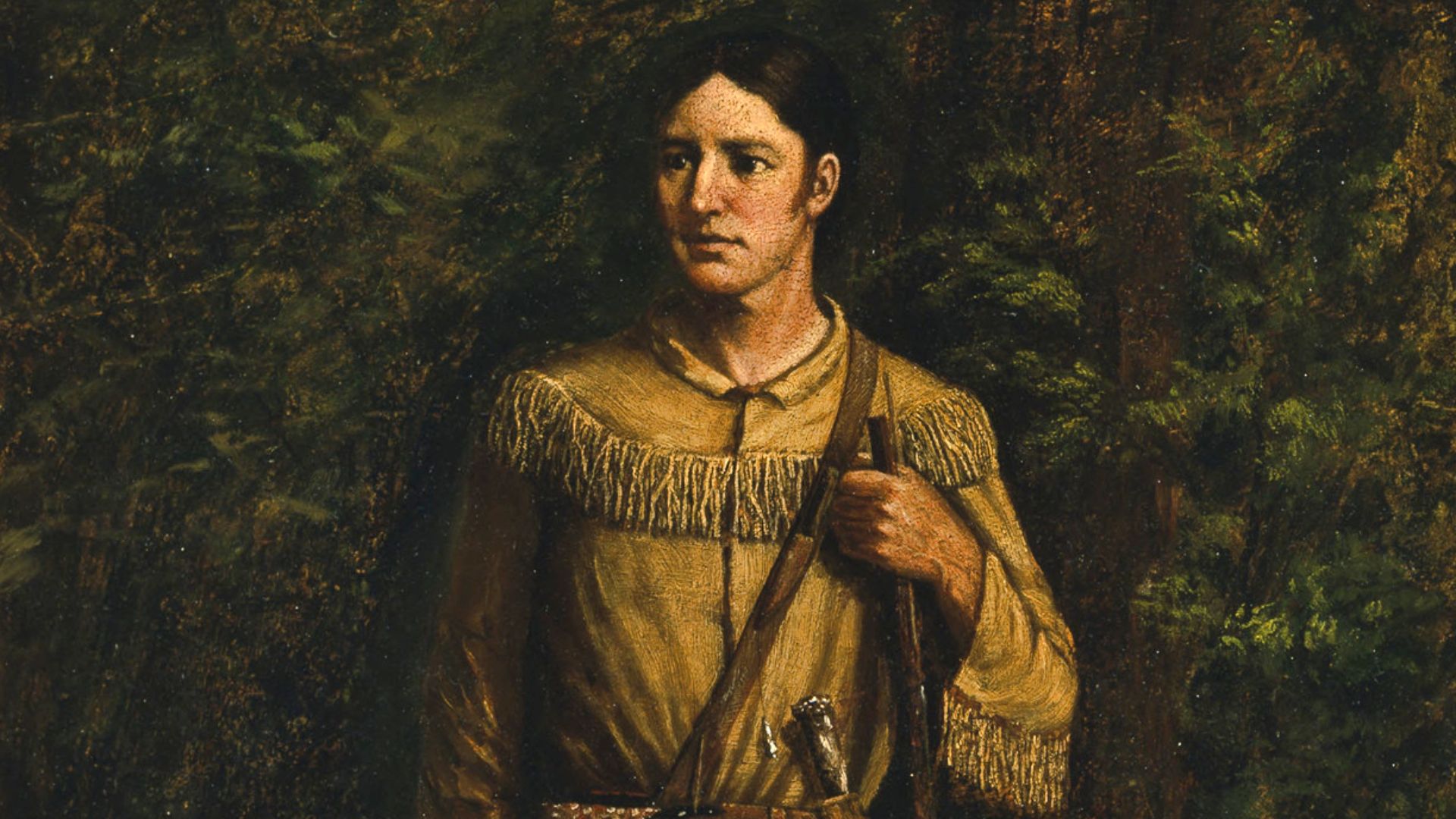 William Henry Huddle, American, 1847 - 1892, Wikimedia Commons
William Henry Huddle, American, 1847 - 1892, Wikimedia Commons
He Was A Storyteller Before A Politician
Before he ever ran for office, Crockett dazzled crowds with embellished tales of wilderness exploits. These frontier yarns, peppered with humor and exaggeration, made him a household name. His storytelling prowess became a tool that built his public image and carried him into Congress.
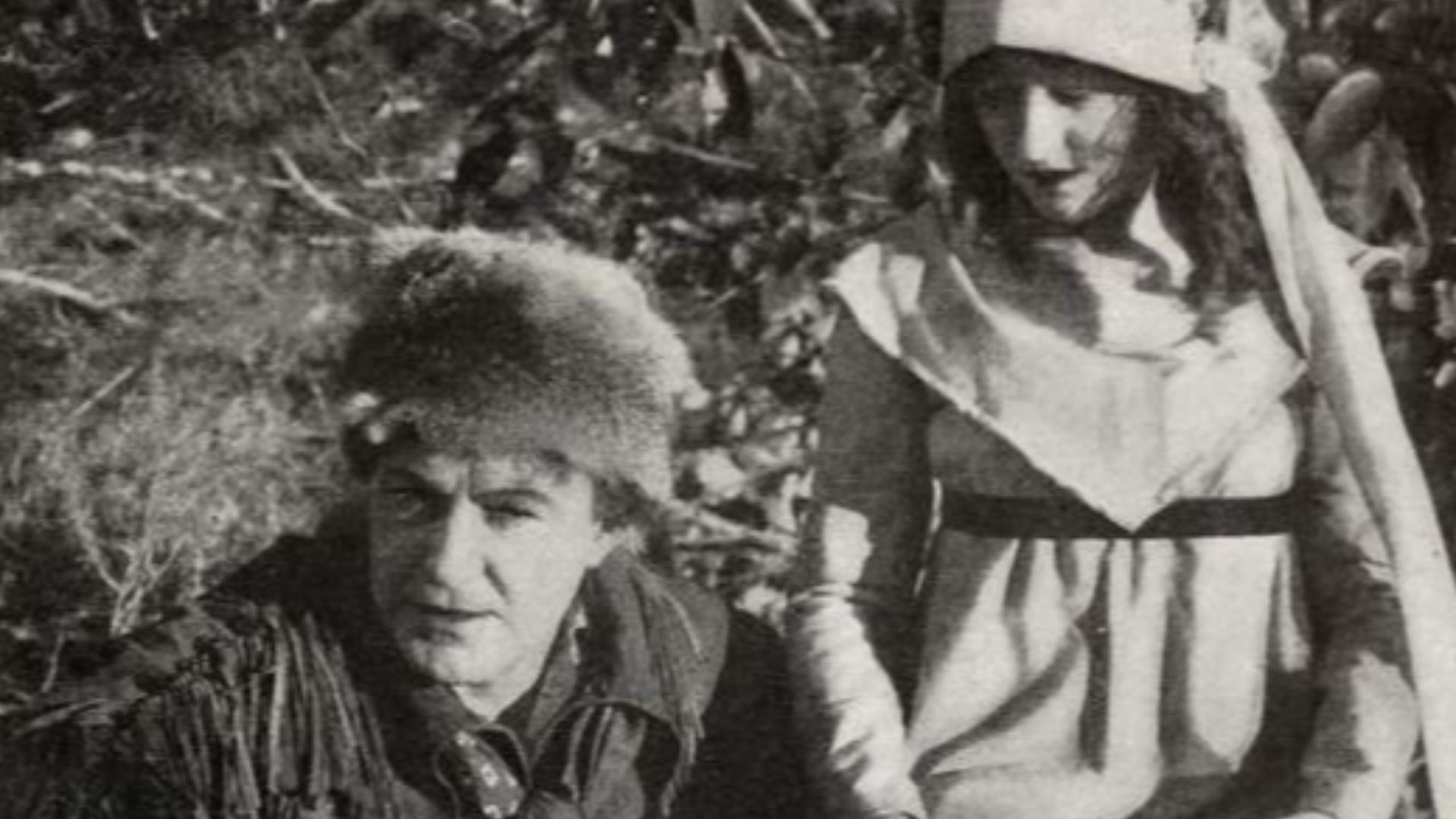 Pallas Pictures, Wikimedia Commons
Pallas Pictures, Wikimedia Commons
He Resigned Congress With A Legendary Line
In 1835, after losing re-election, Crockett left Tennessee politics behind with a now-famous quote: “You may all go to hell, and I will go to Texas.” The remark marked a real decision to seek a new purpose and opportunity in the fledgling Republic of Texas.
He Was The First Meme-Worthy American Hero
Long before social media, Crockett’s exaggerated persona spread like wildfire. Nicknamed “half-horse, half-alligator,” he embodied a raw, untamed frontier spirit. Newspapers and stage plays turned him into America’s earliest viral legend—an over-the-top icon whose identity blurred the line between myth and manufactured frontier entertainment.
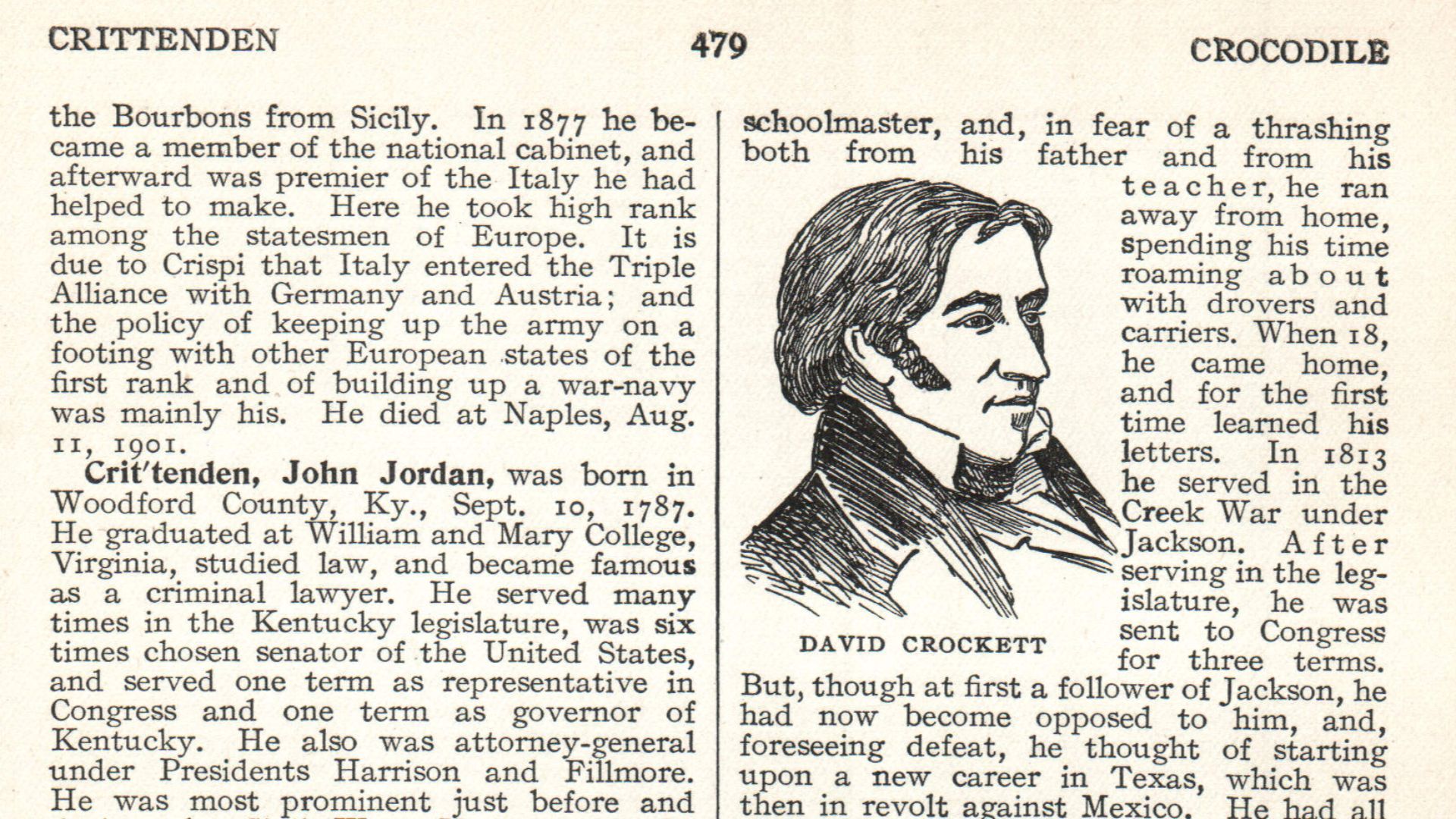 File Upload Bot (LA2), Wikimedia Commons
File Upload Bot (LA2), Wikimedia Commons
He Fought Under Andrew Jackson, Then Opposed Him
Crockett served under Jackson in the Creek War but grew disillusioned with his former commander’s policies. Jackson's aggressive stance on centralized power clashed with Crockett’s growing populist ideals. Their split reshaped Crockett’s political path and turned him into one of Jackson’s most vocal critics in Congress.
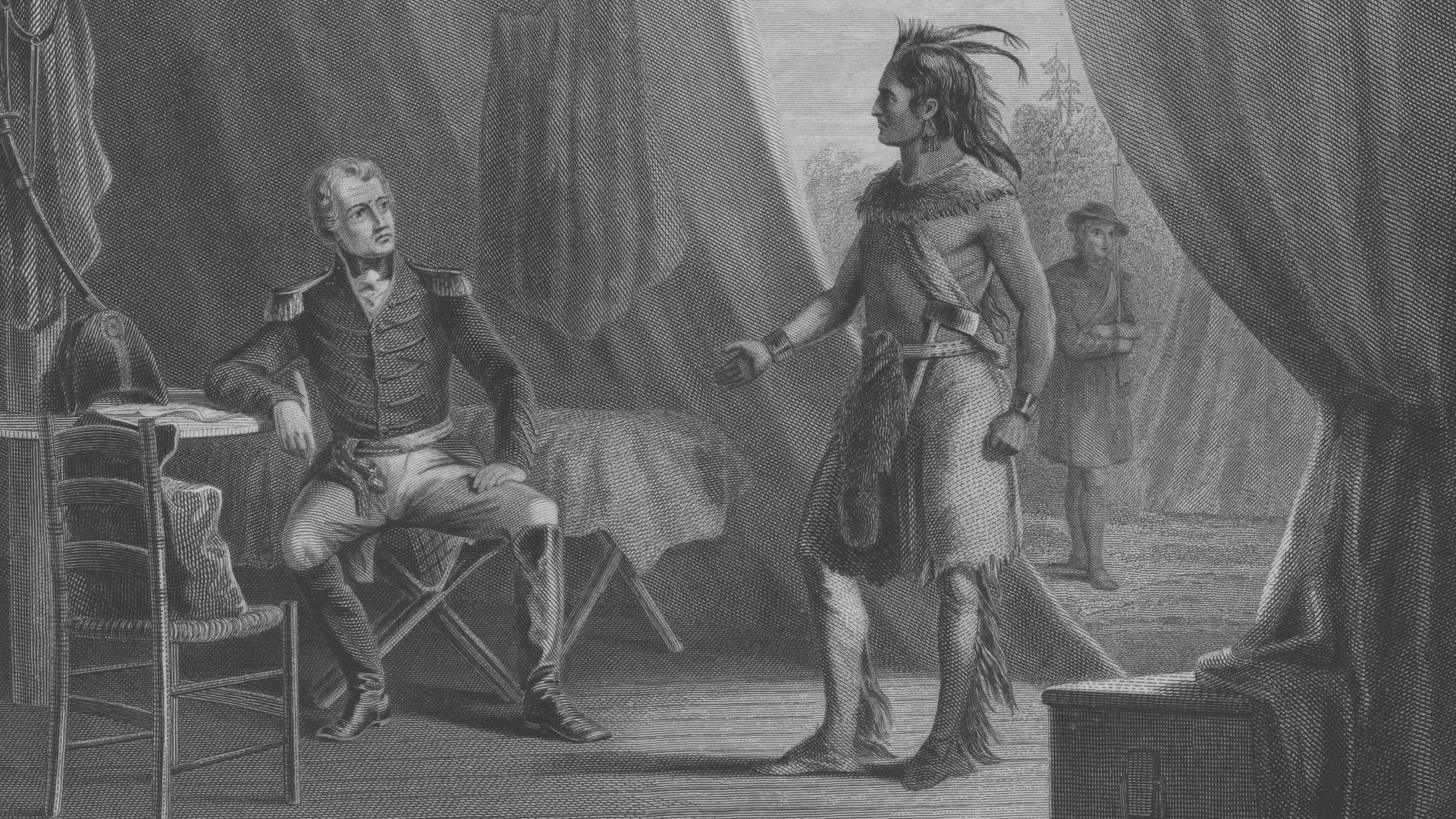 John Reuben Chapin, 1823-1894 , artist, Wikimedia Commons
John Reuben Chapin, 1823-1894 , artist, Wikimedia Commons
He Wasn’t A Texas Citizen
Despite dying in defense of Texas liberty, Crockett never formally became a citizen of the Republic. He arrived just months before the siege of the Alamo, still technically a US citizen. His presence there was more ideological than official, as a stand for independence.
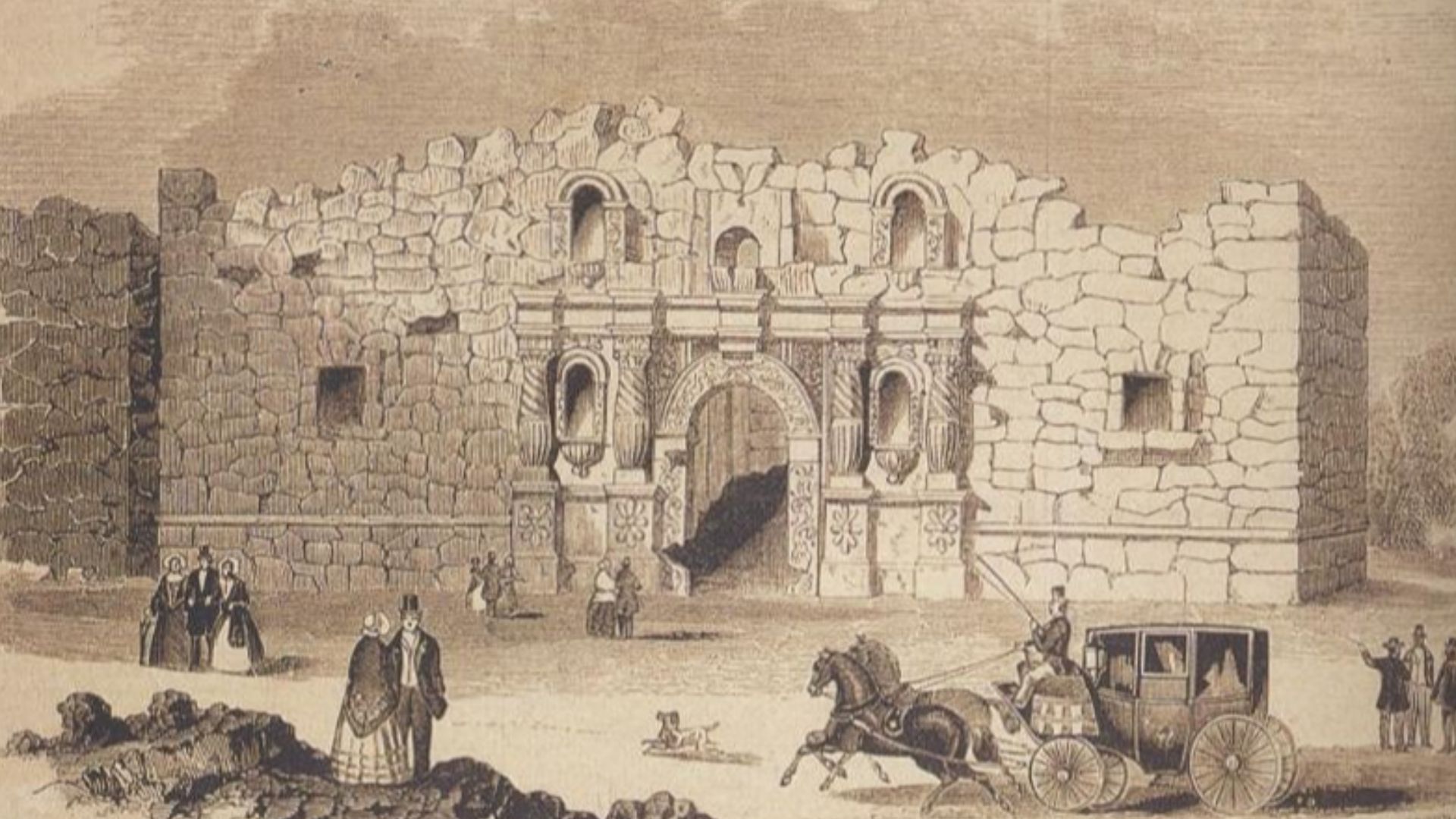 Unknown authorUnknown author, Wikimedia Commons
Unknown authorUnknown author, Wikimedia Commons
His Life Was Already Mythologized Before Death
By the early 1830s, Crockett had become the subject of wildly popular Crockett Almanacs and stage dramas. These fictionalized portrayals often bore little resemblance to reality. Audiences across America cheered a comic-book version of the man to prove his fame was crafted well before the Alamo sealed his legacy.
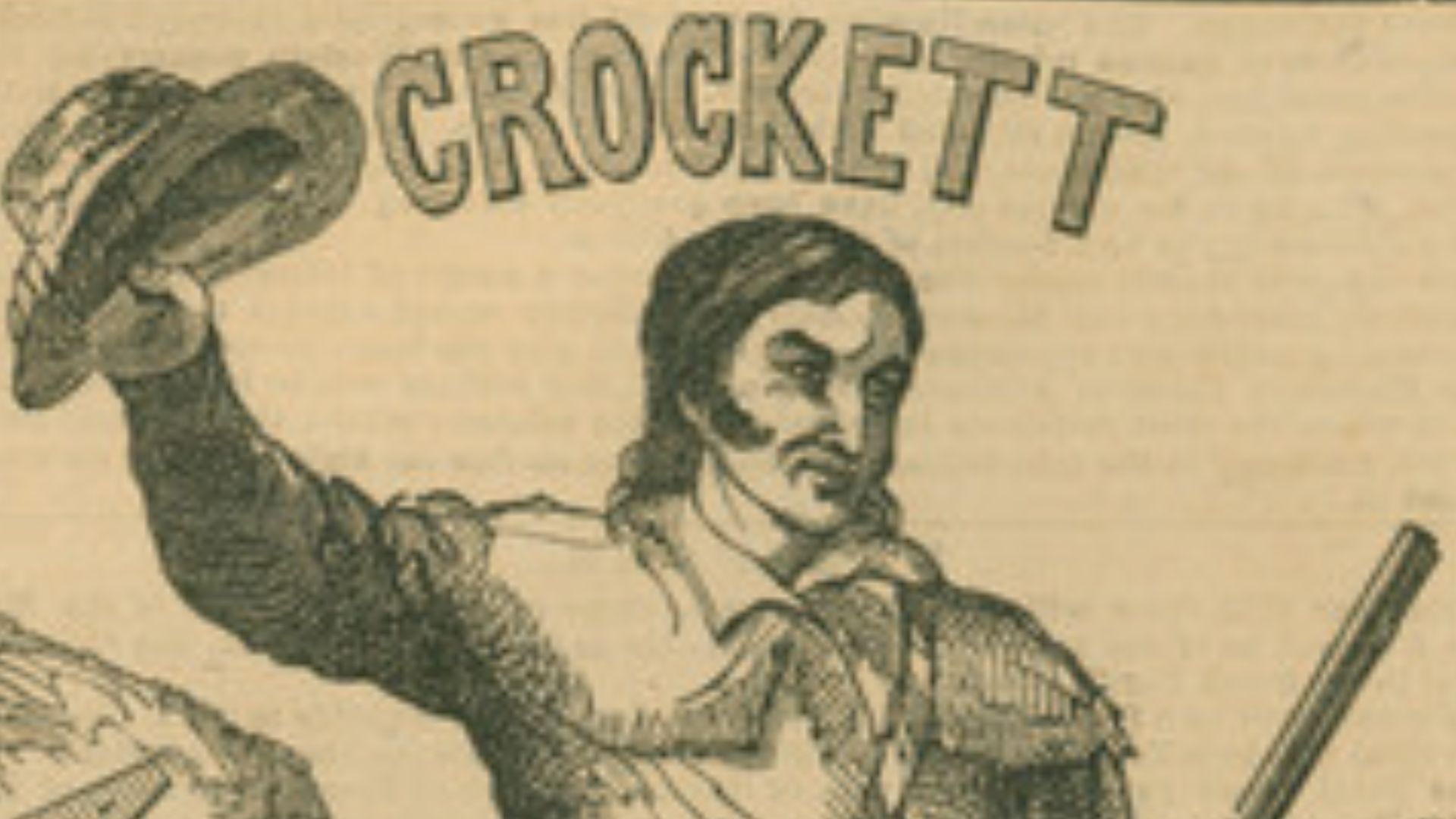 William Croome, Wikimedia Commons
William Croome, Wikimedia Commons
He Penned His Own Myth
In 1834, Crockett wrote and published A Narrative of the Life of David Crockett as a blend of autobiography and self-promotion. Though likely ghostwritten, the book framed him as a rugged everyman and defender of the people. It wasn’t pure history, but it was Crockett shaping his legend while still alive to enjoy it.
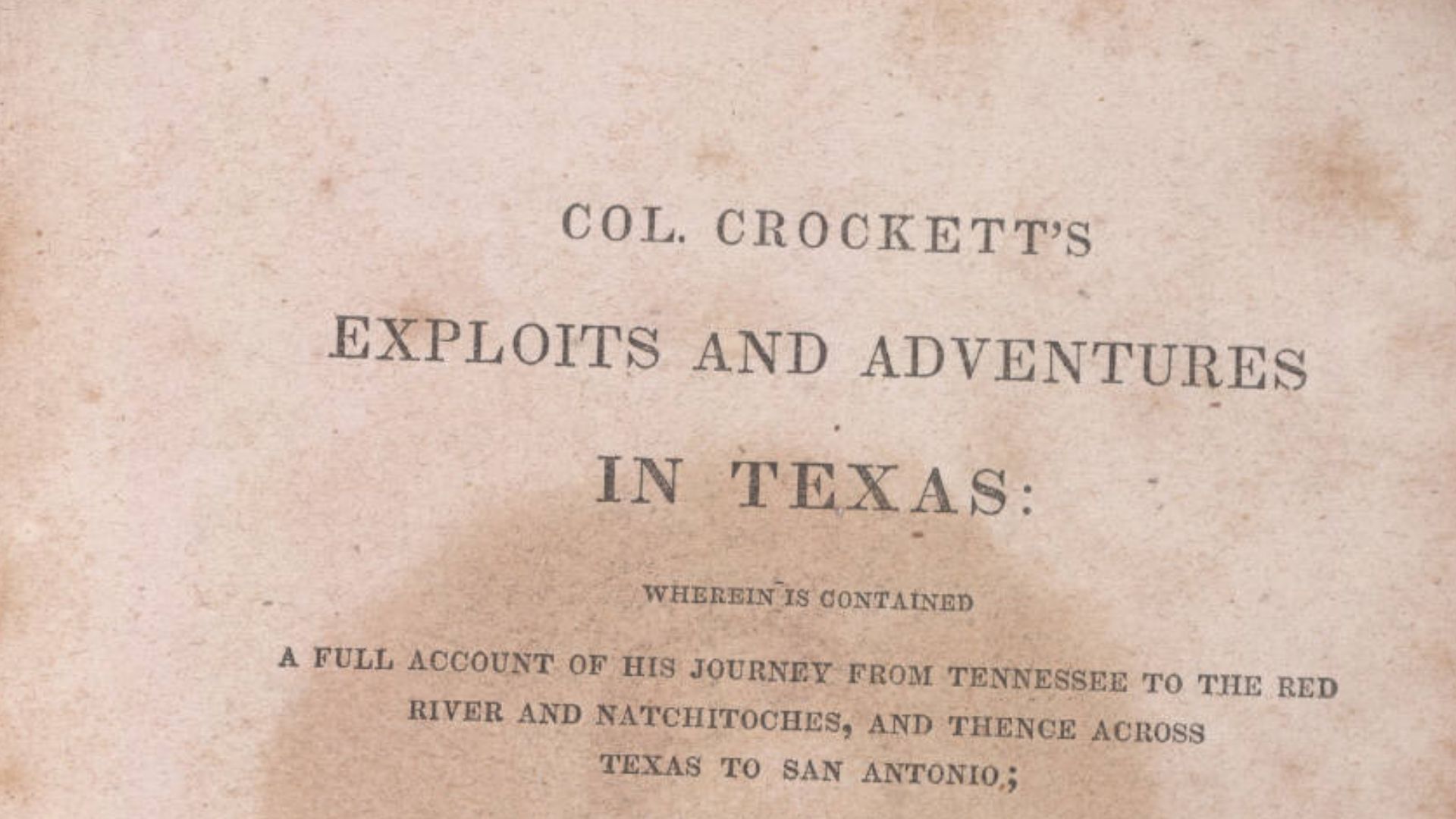 Davy Crockett, Wikimedia Commons
Davy Crockett, Wikimedia Commons
He Had A Crude Sense Of Humor
Crockett’s speeches and writings were full of backwoods bravado and frontier sarcasm. He enjoyed poking fun at political opponents with colorful language and rustic metaphors. Far from polished statesmanship, his humor reflected the plainspoken style of rural voters.
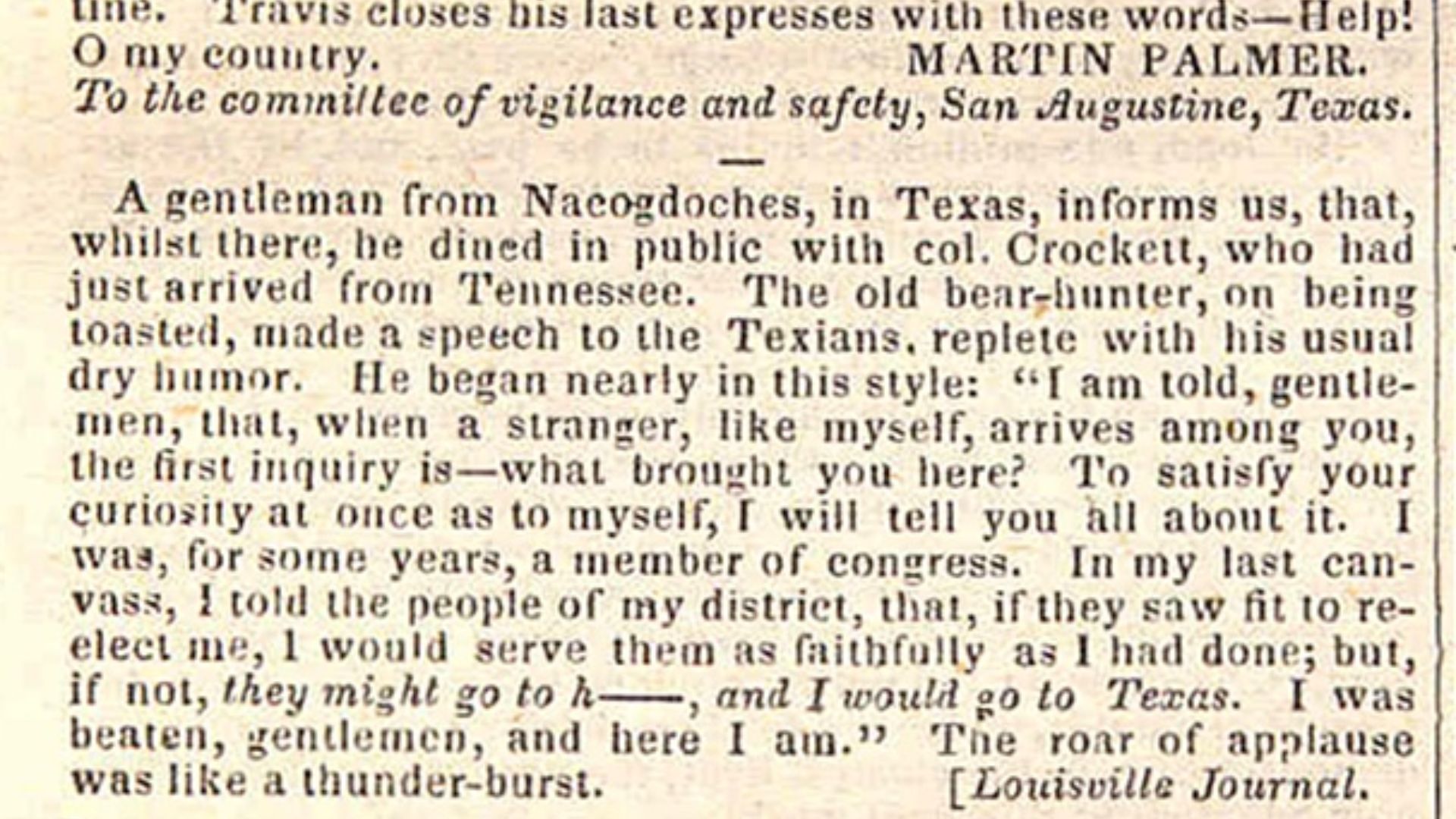 Ringtailedpanther, Wikimedia Commons
Ringtailedpanther, Wikimedia Commons
He Was A Militia Colonel, Not A General
Though often depicted as a battlefield leader, Crockett’s highest military rank was a colonel in the Tennessee militia. He earned it through local respect, not formal command experience. Later portrayals upgraded his rank to “general,” blurring the truth for dramatic effect and reinforcing the myth over the man.
He Had Political Enemies In Tennessee
Crockett’s growing independence and opposition to Jackson’s policies made him a target. His critics painted him as unreliable and unrefined, capitalizing on his rough image to undermine his credibility. In 1835, those attacks paid off when he lost his congressional seat to a more obedient party loyalist.
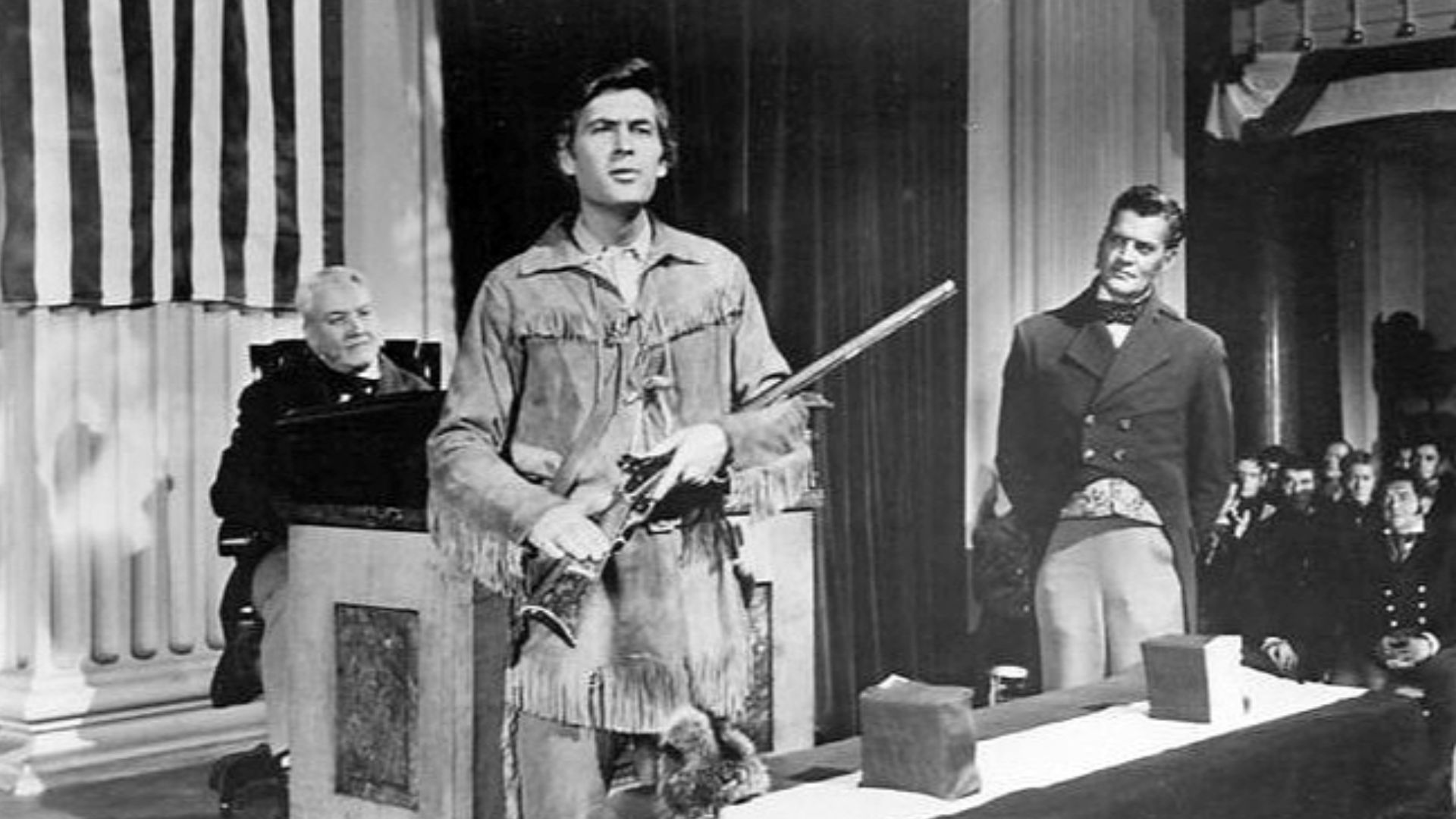 ABC Television, Wikimedia Commons
ABC Television, Wikimedia Commons
He Was In Debt Most Of His Life
Despite his fame, Crockett struggled financially. Political campaigning costs and supporting a large family kept him in chronic debt. He lived modestly, and unlike many of his peers, he never amassed wealth from office. Frontier fame came with financial instability.
He Tried To Build A Gunpowder Factory
While traveling through Texas, Crockett reportedly discussed starting a gunpowder mill to support the revolution. Though the plan never materialized, it showed his interest in contributing beyond the battlefield. Crockett wanted to invest in the infrastructure of Texas independence.
 Lord Mountbatten, Wikimedia Commons
Lord Mountbatten, Wikimedia Commons
He Survived A Bear Attack
Among Crockett’s many hunting feats is the tale of surviving a bear mauling. According to his own account, he killed over 100 bears in a single season. While likely exaggerated, these stories cemented his reputation as a fearless frontiersman who triumphed over nature’s fiercest challenges.
He Lost His First Love To Another Man
Before marrying Polly Finley, Crockett courted Margaret Elder. The engagement was broken, and rumors suggested that she had chosen another suitor. While not heartbroken for long, the experience added a human touch to his larger-than-life tale, showing that even folk heroes face personal disappointments and romantic detours.
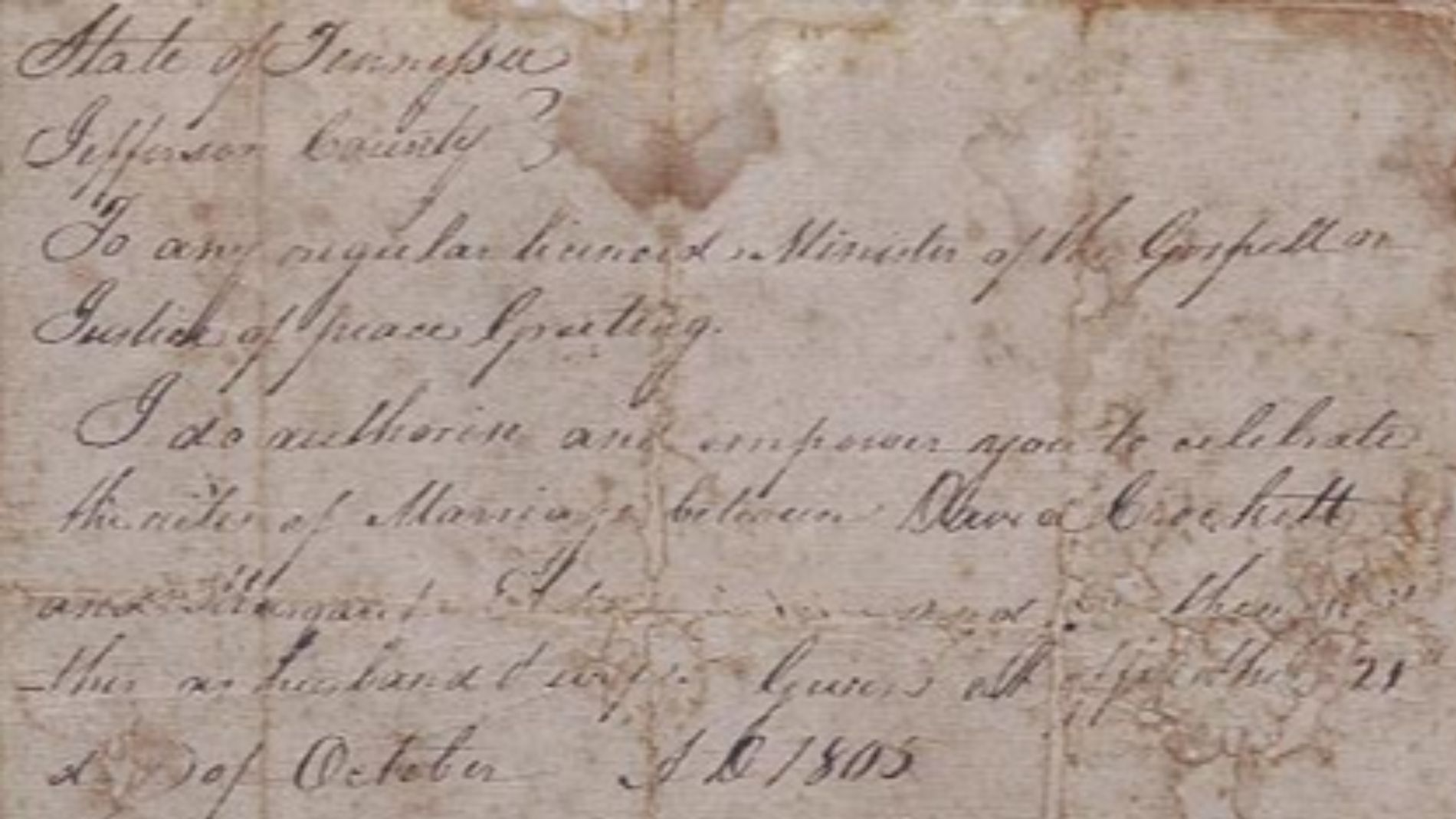 Ignacio Icke, Wikimedia Commons
Ignacio Icke, Wikimedia Commons
His Name Was Used In Whiskey Ads
After his death, Crockett’s rugged image was used to sell everything from chewing tobacco to whiskey. Distillers branded bottles with his name as a symbol of strength and rustic masculinity. It was one of the earliest examples of using a public figure’s likeness for commercial appeal decades before endorsements became mainstream.
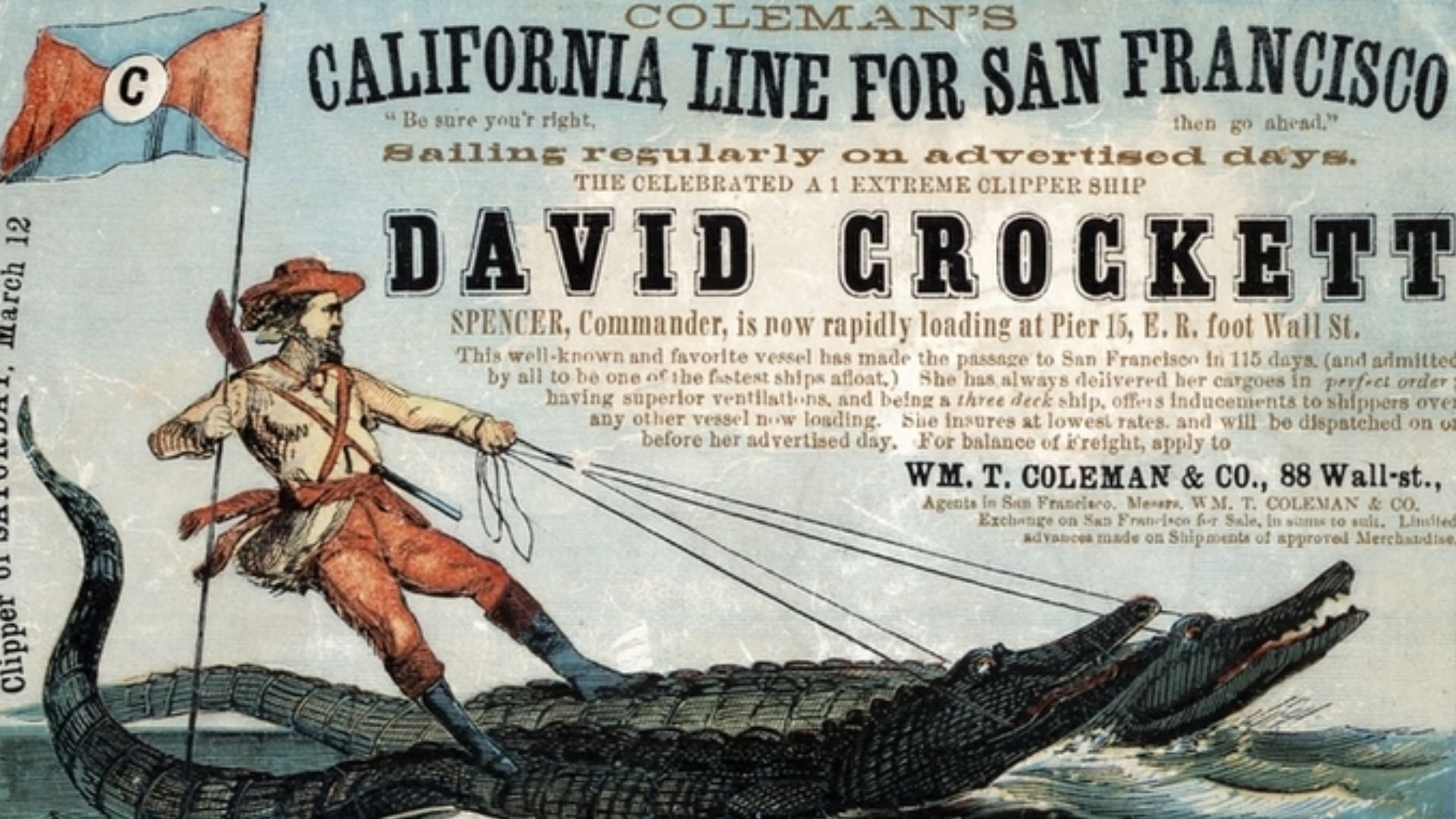 G.F. Nesbitt & Co., printer, Wikimedia Commons
G.F. Nesbitt & Co., printer, Wikimedia Commons
He Ran A Tavern In His Youth
In his early twenties, Crockett helped manage a tavern in Tennessee. The job became a hub for conversation and local politics. That experience sharpened his storytelling skills and exposed him to the public life that would later define his career.
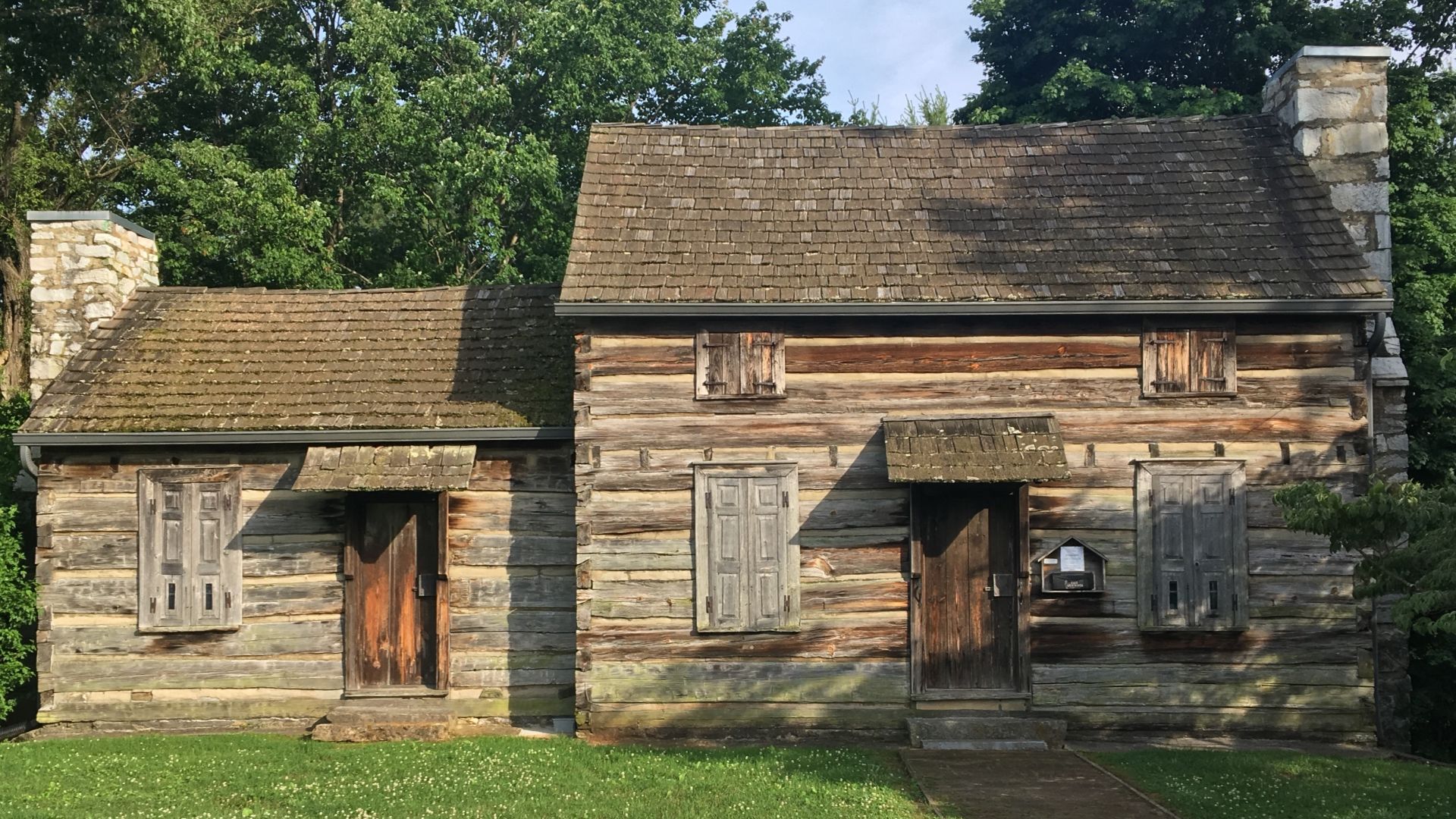 Walker Kinsler, Wikimedia Commons
Walker Kinsler, Wikimedia Commons
He Had A Surprisingly Modern Take On Government Waste
When Congress proposed a monument for a naval hero, Crockett opposed it—not out of disrespect, but on principle. He argued the money would be better spent aiding struggling citizens. The speech became widely reprinted and admired for showing his belief in personal charity over government display.
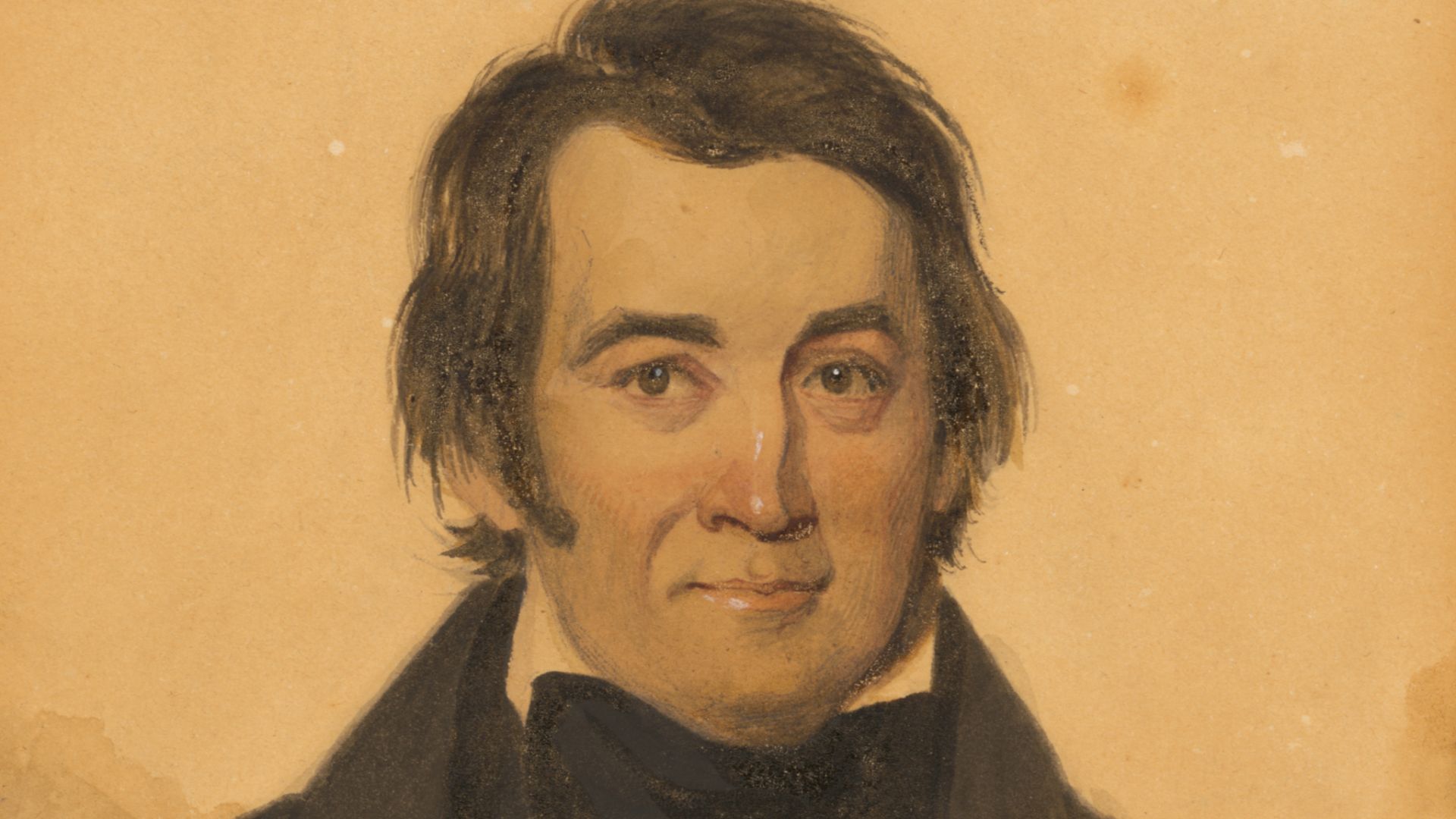 James Hamilton Shegogue, Wikimedia Commons
James Hamilton Shegogue, Wikimedia Commons
He Wasn’t Always Brave In Battle
In one early militia skirmish, Crockett reportedly fled when the fighting turned fierce. He later redeemed his reputation through service and courage, but the incident reflected a common truth: courage isn’t constant. Even legendary figures have moments of fear before they rise to meet their legacy.
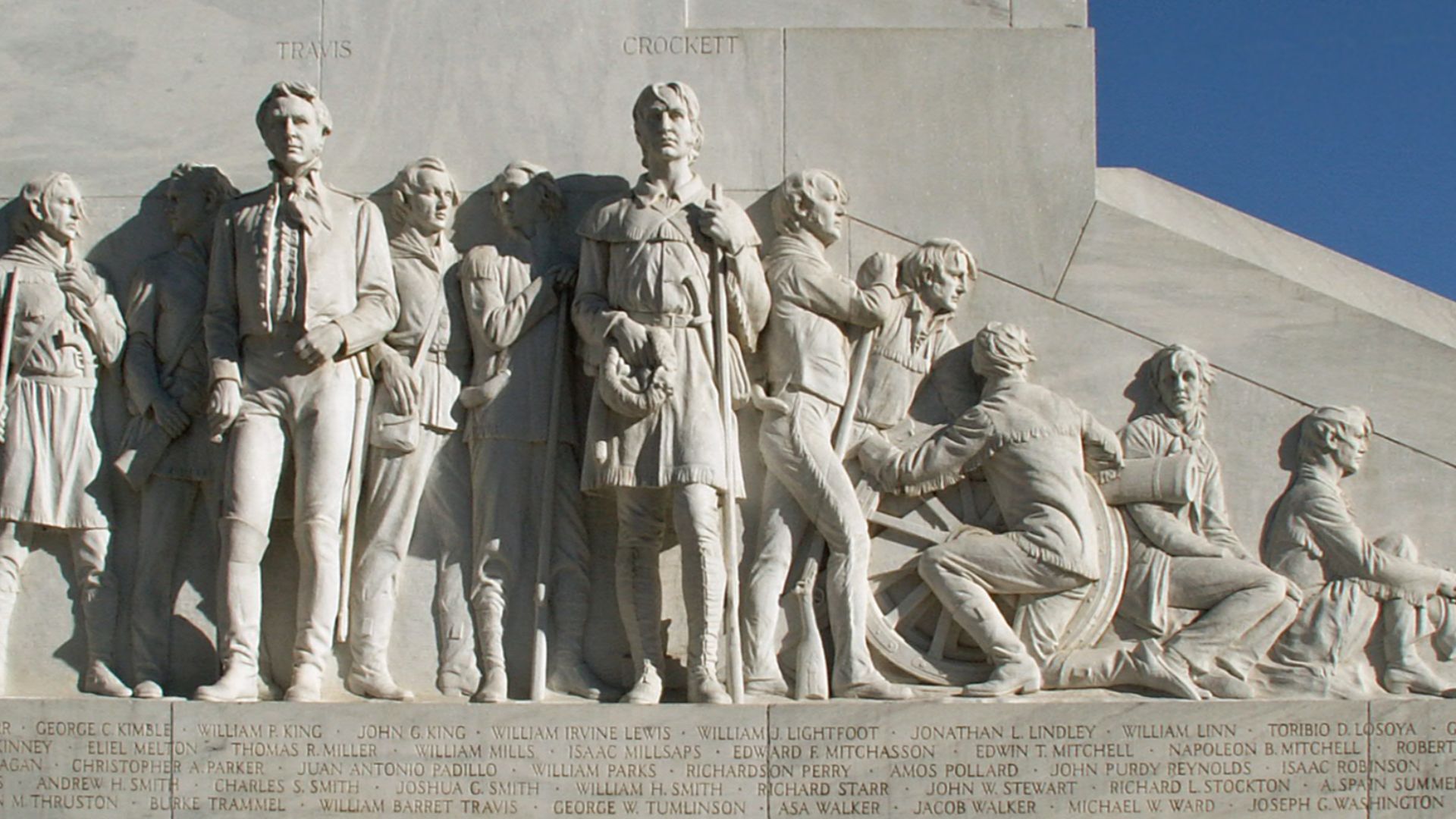 Zygmunt Put Zetpe0202, Wikimedia Commons
Zygmunt Put Zetpe0202, Wikimedia Commons
He Was Once Mistaken For A Spy
While traveling through East Texas, Crockett was briefly suspected of being a Mexican spy. Tensions were high, and newcomers were viewed with suspicion. Once identified, locals welcomed him warmly. Many consider this an urban legend that spread through some YouTube videos.
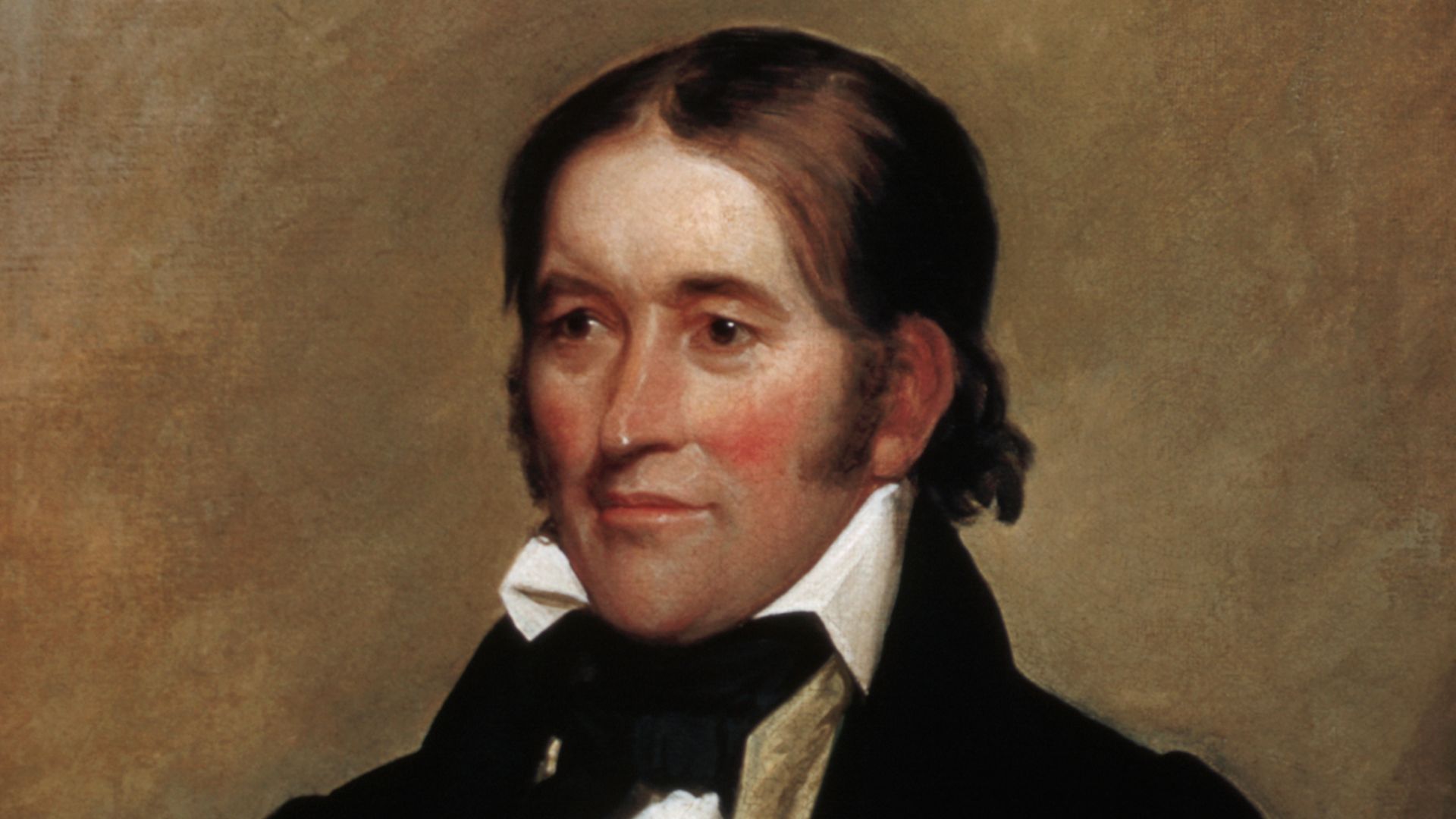 Artist Chester Harding, Wikimedia Commons
Artist Chester Harding, Wikimedia Commons
He Refused To Swear Loyalty To Santa Anna
According to Mexican officer Jose Enrique de la Pena’s account, Crockett was captured at the Alamo and executed for refusing to salute Santa Anna. While the report remains controversial, it paints Crockett’s final moments not as a battlefield charge but as a defiant stand to the very end.
His Tombstone Is In San Antonio But His Body Might Not Be
A memorial in San Antonio’s San Fernando Cathedral claims to hold Crockett’s remains. Yet historians and archaeologists dispute whether those bones are really his. The lack of clear identification keeps his final resting place a mystery, which is fitting for a man whose life became a legend.
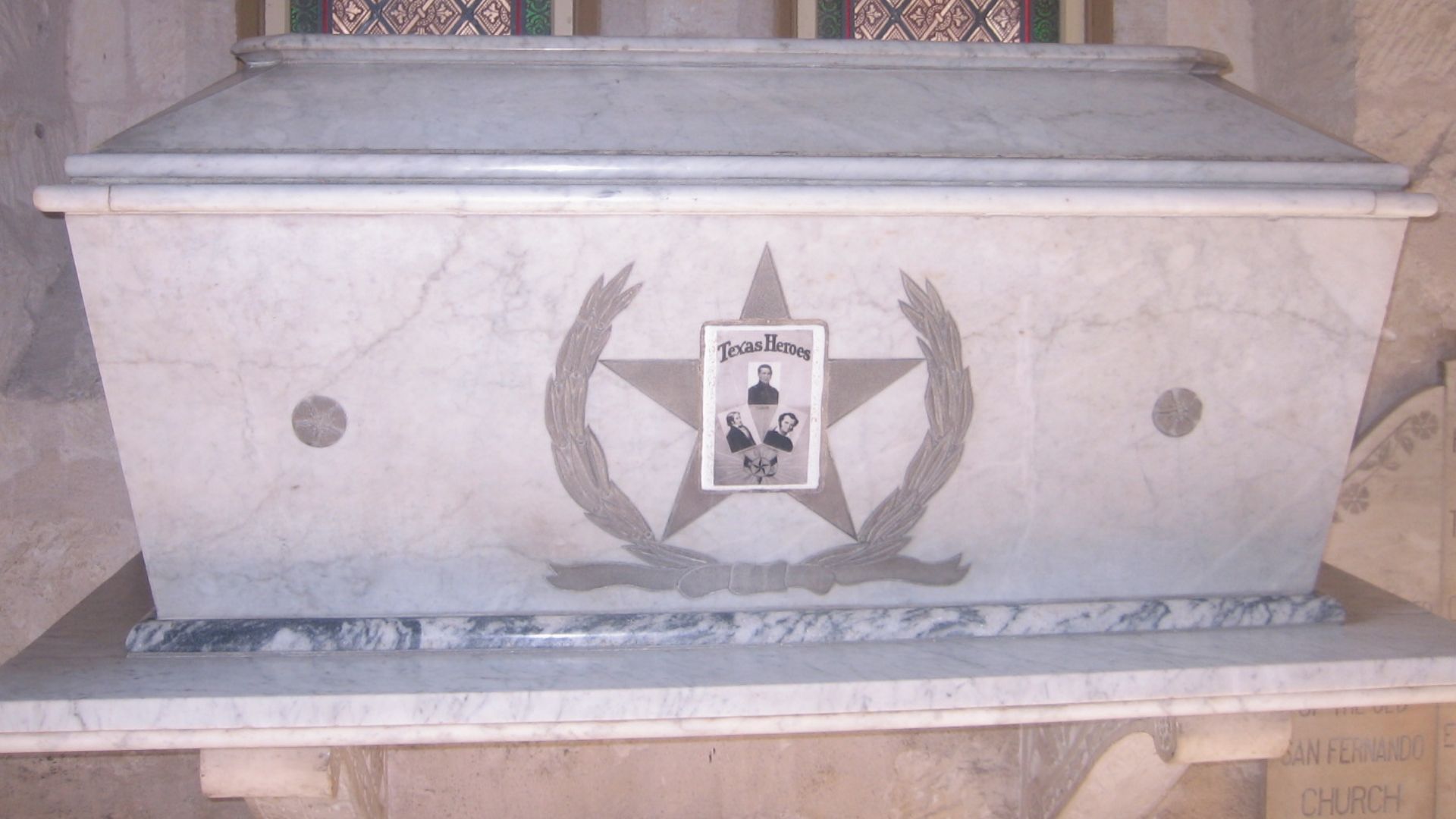 Svs220 at English Wikipedia, Wikimedia Commons
Svs220 at English Wikipedia, Wikimedia Commons
His Descendants Fought In Later American Wars
The Crockett name didn’t vanish with Davy’s death. Several of his descendants served in later American conflicts, including the Civil War and both World Wars. Their service reflected a continued legacy of frontier resilience, though history never again placed the name in such a mythic spotlight.
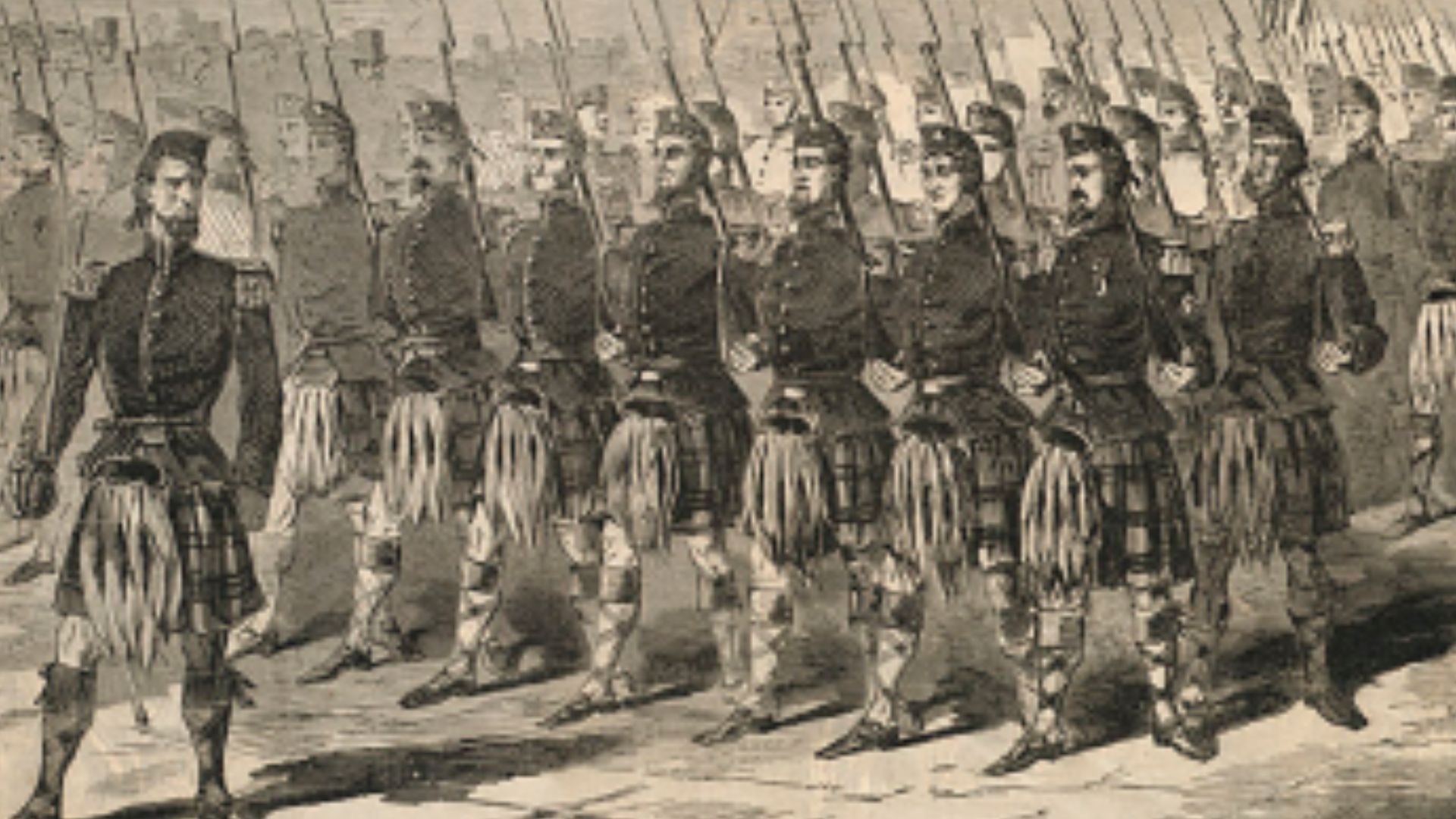 Unknown Author, Wikimedia Commons
Unknown Author, Wikimedia Commons



